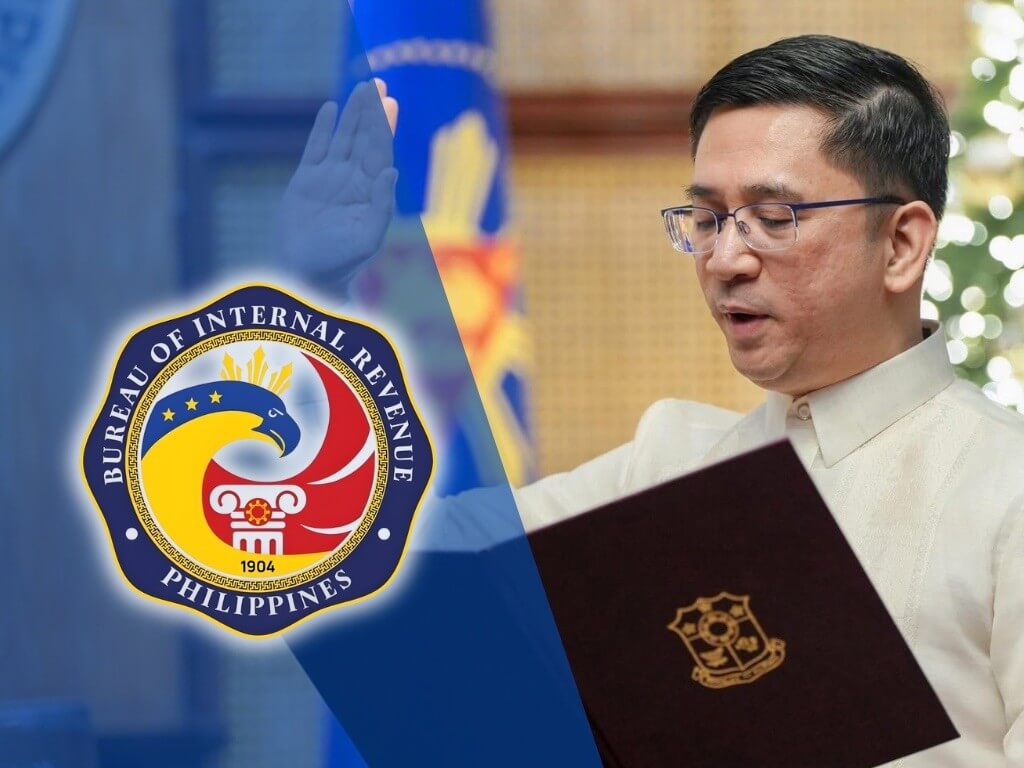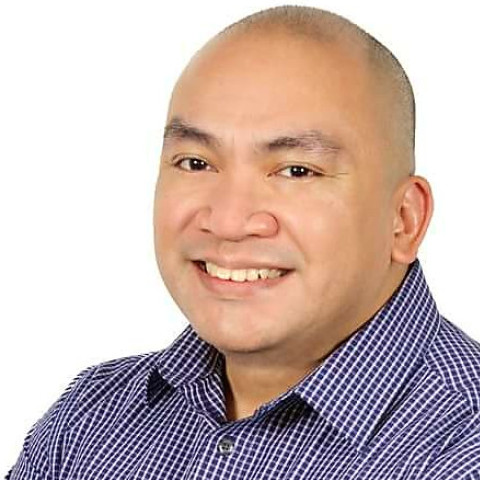

For a revenue agency built on enforcement, that move is the equivalent of voluntarily kneecapping oneself.
Insiders say this policy was already on Mendoza’s agenda even before senators dragged the LOA system into the spotlight. Still, the timing is remarkable. The order was signed quietly last week, despite internal warnings that even a temporary pause could weaken revenue collection during the crucial year-end stretch.
A breather, not a retreat
Mendoza paired the freeze with his directive for examiners to stop the December “Christmas caroling” raids that have long irritated businesses. That gives the agency breathing room to rethink how LOAs should work in a modern tax environment.
The often-maligned audit is still central to tax enforcement. There is simply no way to quantify tax evasion without verifying books. Flood control scams, procurement kickbacks, and perennial under-declarations all demand documentary review. Delinquency assessments are built on evidence, not guesses, and the LOA is the starting point.
But the LOA can cut both ways. In the right hands, it is a scalpel for finding truth in financial records. In the wrong hands, it becomes a blunt weapon. The problem is not the tool but how some taxmen use it for rent-seeking. “Weaponize to monetize,” as some on the receiving end say.
Resetting expectations
Mendoza has reminded his field officers that an LOA is “a letter to explain, not to extort.” That is a sharp cultural reset for an institution that has long been measured by raw collections rather than the quality of its enforcement.
The new commissioner must now find equilibrium: strengthen audits without feeding harassment complaints, deliver revenues without incentivizing shortcuts, and reestablish credibility without slowing down operations. These competing goals are the real exam for this Iskolar ng Bayan and Bar topnotcher.
No free pass
Tax evasion remains a national pastime. The temporary LOA freeze should not embolden large-scale dodgers to treat this moment as a loophole. The bureau cannot allow a reform window to become a shield for those who deliberately avoid their obligations.
If Mendoza’s first major act is any indication, he is willing to disrupt long-standing practices to force institutional change. That is not common in a bureau known for inertia. The bigger question is whether he can hold the line once revenue pressures begin to mount.
High stakes leadership test
For now, the signals are encouraging. Together with newly minted Finance Secretary Frederick Go, Mendoza appears intent on being a taxpayer advocate rather than another hard-charging collections machine.
His marching orders to his people—do the job with energy, ethics and empathy—sound simple. In practice, they require a deep overhaul of culture, incentives, and leadership behavior.
If he can deliver that balance, the BIR might finally find a sustainable middle ground between compliance and coercion. And taxpayers, long wary of both evasion and extortion, may finally see a bureau that works as it should.
Let’s see.

Senior Reporter